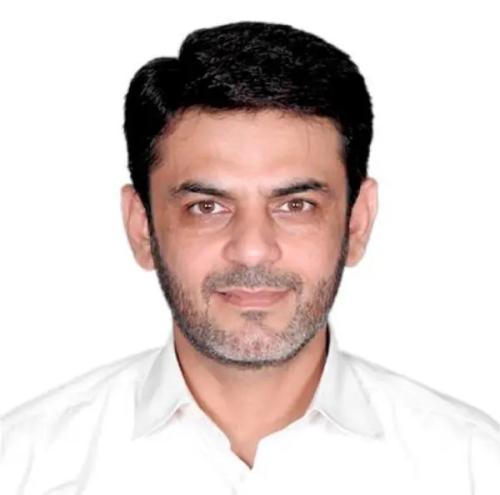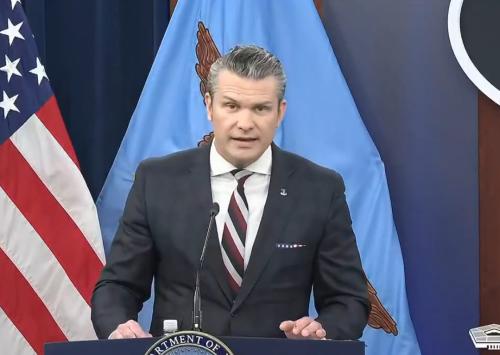New Delhi, June 1 (IANS) In a move that is contradictory to the Quad grouping, India on Tuesday committed itself once again to the shared values of the BRICS. While the Quadrilateral Security Dialogue (Quad) is an informal strategic dialogue between the United States, Japan, Australia and India to contain China's aggressive geopolitical policies, BRICS is a grouping of five major economies, including Brazil, Russia, India, China and South Africa. In a virtual meeting on the occasion of the 15th anniversary of BRICS on Tuesday, the foreign affairs ministers of the five countries espoused their shared values of peace, freedom and rule of law, respect for human rights and democracy as well as a more fair, just, inclusive, equitable and representative multipolar international system, based on international law and the UN Charter, in particular sovereign equality of all states, respect for their territorial integrity and mutual respect for interests and concerns of all. An official joint statement released after the meeting said that the five members committed themselves again to strengthening and reforming the multilateral system through enhanced cooperation and close coordination in all relevant multilateral fora and international organisations, including the UN and G20. The ministers reiterated their commitment to multilateralism through upholding international law, including the purposes and principles enshrined in the Charter of the United Nations as its indispensable cornerstone, and to the central role of the UN in an international system in which sovereign states cooperate to maintain peace and security, advance sustainable development and ensure the promotion and protection of democracy, among others. They reaffirmed the principles of non-intervention in the internal affairs of states and the resolution of international disputes by peaceful means and in conformity with the principles of justice and international law as well as the inadmissibility of the threat or use of force against the territorial integrity or political independence of any state, or in any other manner inconsistent with the purposes and principles of the United Nations. They further stressed the imperative of refraining from any coercive measures not based on international law and the UN Charter. The ministers reaffirmed the sole authority of the UN Security Council for imposing sanctions and called for further consolidation and strengthening of the working methods of the UN Security Council sanctions committees to ensure their effectiveness, responsiveness and transparency. The group reaffirmed that multilateralism should promote international law, democracy, equity and justice, mutual respect, right to development and non-interference in internal affairs of any country without double standards. They acknowledged that the current interconnected international challenges should be addressed through reinvigorated and reformed multilateral system, especially of the UN and its principal organs, and other multilateral institutions such as the International Monetary Fund (IMF), World Bank (WB), World Trade Organization (WTO), and World Health Organization (WHO. "China and Russia reiterated the importance they attach to the status and role of Brazil, India and South Africa in international affairs and supported their aspiration to play a greater role in the UN," the statement said. The five nations reaffirmed their commitment to broadening and strengthening the participation of emerging markets and developing countries (EMDCs) in the international economic decision-making and norm-setting processes, especially in the aftermath of the Covid-19 pandemic. To that end, they stressed the importance of continuing efforts to reform the international financial architecture, noting that enhancing the voice and participation of EMDCs, including the least developed countries, in the Bretton Woods institutions remains a continuous concern. The ministers reaffirmed their commitment to a strong global financial safety net with a quota-based and adequately resourced IMF at its centre and expressed their deep disappointment at the failure in addressing the quota and governance reforms under the 15th General Review of Quotas (GRQ). They also called for the timely and successful completion of the 16th GRQ by December 15, 2023, to reduce the IMF's reliance on temporary resources and to address under-representation of EMDCs for their meaningful engagement in the governance of IMF and to protect the voice and quota shares of its poorest and smallest members and have a new quota formula that better reflects the economic weight of members. The group also called for governance reform in the recruitment processes of the World Bank and the IMF by ensuring selection through an open and merit-based process, noting that the true potential of the Bank and Fund would be realised only by building more democratic governance structures and strengthening their financial capacity. The ministers reaffirmed their support for a transparent, rules-based, open, inclusive and non-discriminatory multilateral trading system, with the World Trade Organization at its core. The BRICS stressed the need to restore the normal functioning of all WTO functions as highlighted in the joint statement by BRICS Trade Ministers on Multilateral Trading System and the WTO Reform of 2020. They emphasised the primary importance of ensuring the restoration and preservation of the normal functioning of a two-stage WTO Dispute Settlement system, including the expeditious appointment of all appellate body members.
India commits itself again to BRICS agenda
- by Rinku
- June 01, 2021 2 minutes

India commits itself again to BRICS agenda











